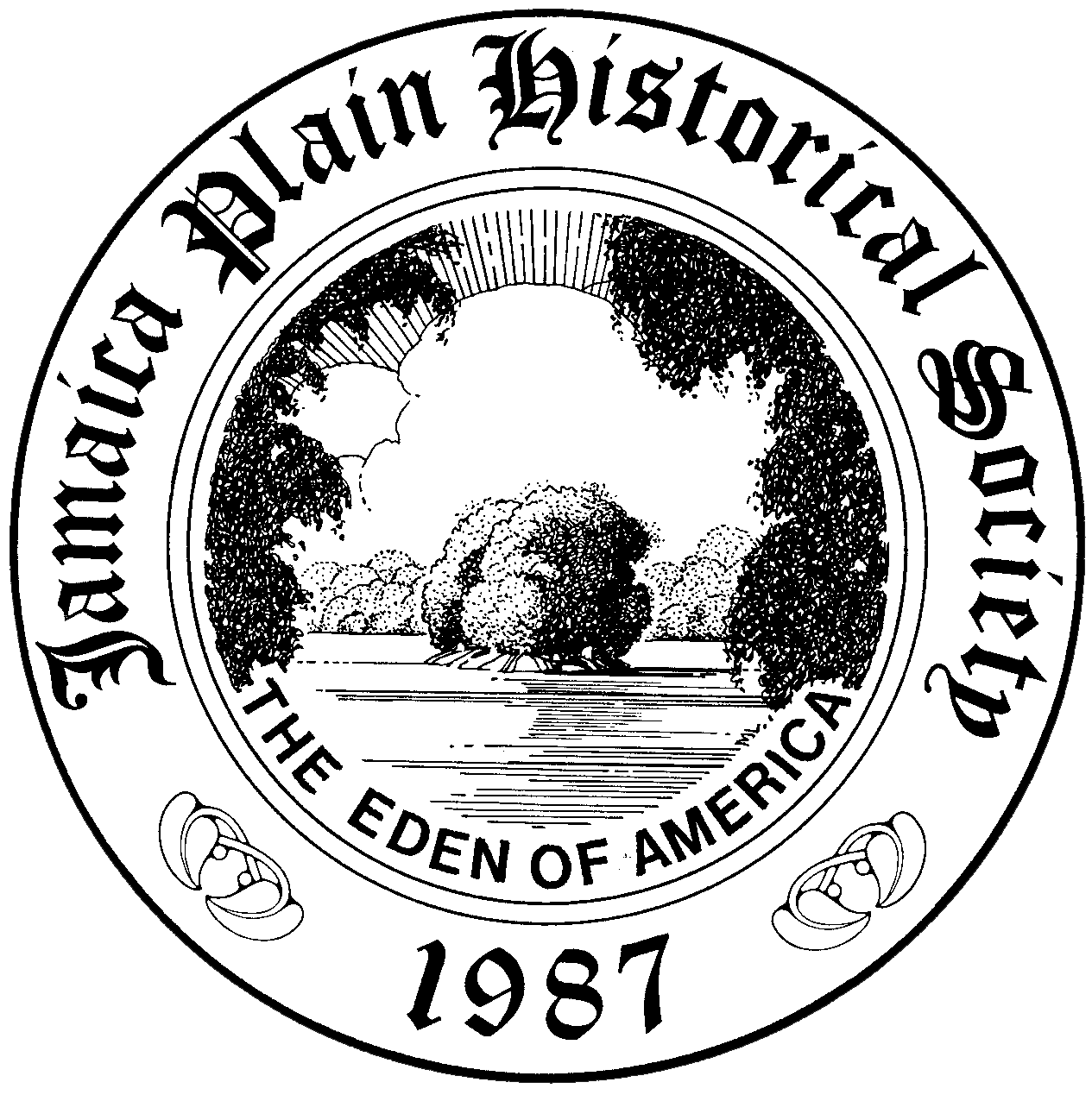Jamaica Plain Men Who Died in the Civil War
From The Pittsburgh Daily Commercial of July 4, 1864
Concord’s Sleepy Hollow Cemetery contains a lovely memorial by Daniel Chester French, for the three sons of the Meriam family that farmed at the Concord-Carlisle line. John died in a military hospital at Albany, Virginia; Asa died in the battle of Petersburg, Virginia; and Samuel died at the POW camp at Andersonville, Georgia. His diary of that horrendous camp that lasted only nine months was finally published at the Memorial’s dedication in 1909. McKinley Kanter also used it in his historical novel of the same name in 1952.
So, too, Forest Hills Cemetery, starting as the municipal cemetery for the former City of Roxbury contains many soldiers who died or survived the Civil War. Foremost is Roxbury’s Civil War Monument. Another such monumental area is the Dwight plot at the intersection of Consecration and Magnolia Avenues in the front part of the cemetery. The area is striking because it utilizes a big outcropping of Roxbury’s unique conglomerate, puddingstone, with little more adornment.
The Dwights, a Roxbury family, bought the plot early in the cemetery’s existence as a spacious family burial place. When they lost two of their five sons in the war, the outcropping became the plot’s focus for to the stone was attached a large bronze plate, its two halves relating the fates of sons Wilder and Howard, who died in different theatres of the Union effort. Beyond the elegant wording in 29 lines the plaque shows two bayonets wreathed in a flowery garland, the whole inside a border of leaves and acorns.
Wilder Dwight, second son of William and Elizabeth, was born in Springfield on April 23, 1833, and became a lawyer. During the seesaw campaigns of the Virginia theatre with the 2nd Mass. Volunteer Infantry he was mortally wounded at the second battle of Bull Run, Virginia, and died after two days near the field battle on September 19, 1862, in the 30th year of his age. As he lay wounded and alone under enemy fire he wrote with other words of comfort to his mother these words: “All is well with those who have faith.”
His brother Howard, the Dwight’s’ fourth son, was also born in Springfield on October 29, 1837. He served in the lesser known Gulf of Mexico operations to take control of the Mississippi River Valley. In the campaign against Port Hudson
(Often mentioned on our Commonwealth’s Civil War monuments) he was surprised and killed by guerillas near the Bayou Beouf near Opelousas, Louisiana, on May 4, 1863, at age 26. Before death came he had cheerfully declared himself willing to die for the cause to which his brother gave his life.
The Dwight tablet closes with two quotations: “No man can suffer too much and no man can fall too soon, if he suffer or if he fall in defense of the liberties and constitution of his country” and “ They rest from their labors, and their works do follow them” (Revelations 14:3) Interestingly, no mention is made of rank. Wilder rose from major to lieutenant colonel in a year, while Howard rose from 2nd lieutenant to assistant adjutant general in the 4th Missouri Cavalry.
By Walter H. Marx

